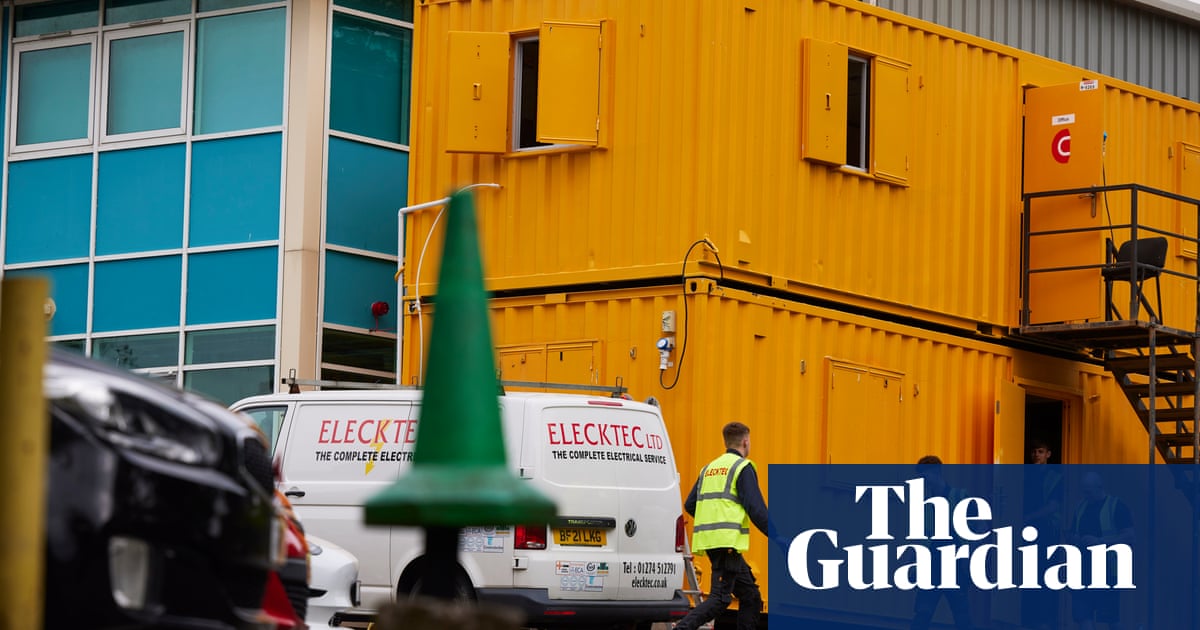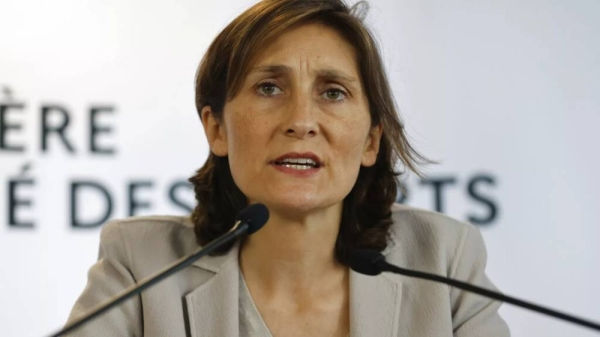
Education experts have slammed Jeremy Hunt’s use of data from the leading private school lobby group to justify his decision not to raise £1.7bn by adding VAT to school fees.
Delivering his autumn statement on Thursday, the chancellor took a swipe at Labour’s policy of boosting funding for struggling state schools by ending tax breaks for private schools, saying he would be “practical” instead of being “ideological”. Referring to “certain estimates” that this would result in up to 90,000 private school pupils switching to state schools, he failed to mention that this statistic came from a 2018 report by the Independent Schools Council lobby group.
Dr Malcolm James, senior lecturer in accounting and taxation at Cardiff Metropolitan University, who has published research on private school tax breaks and rising fees in the sector, said: “He seems only to have looked at evidence from the ISC – but, of course, they would say that, wouldn’t they?”
James said many families with children at private school would have no problem affording a 10% increase in fees, and schools would step in to help those who struggled to do so.
He added: “Ninety thousand pupils are simply not going to be dumped on the state sector, at least not overnight, since it would be far too disruptive to children’s education.”
Helen Barnard, associate director of the Joseph Rowntree Foundation, said: “It’s possible that some smaller and less wealthy private schools might close, but many, especially the larger and more established ones, wouldn’t be affected to that degree by a change to VAT.”
She added: “Private schools overwhelmingly benefit the wealthy, giving access to powerful jobs and higher wages and widening inequality, so I don’t think giving them tax breaks is an appropriate use of public money.”
Bridget Phillipson, Labour shadow education secretary, said: “Ending tax breaks for private schools should have been an easy choice for the chancellor. Yet, once again, he chose to protect the wealthiest, whilst reaching for the pockets of working people.”
She pointed out that the cost of private education had already gone up in recent years, but parents were still choosing this option.
Labour has pledged to use the £1.7bn generated from ending these tax breaks to recruit more than 6,500 new teachers and give every child access to a mental health counsellor at school and professional careers advice.
Lee Elliot Major, professor of social mobility at Exeter University, said the government could no longer afford to ignore the “humanitarian crisis” unfolding in underfunded state schools. He said: “The brutal truth is the chasm between private schools and state schools has only widened in recent years, whether judged in terms of funding, school exam results, selective university places or life outcomes.”
Although the schools sector was relieved not to receive the cuts many were expecting on Thursday, many headteachers pointed out that the extra £2.3bn a year promised by the government wouldn’t be nearly enough to plug huge deficits caused by the unfunded teacher pay rise and spiralling energy pay bills.
Vic Goddard, principal of Passmores secondary academy school in Essex, said schools would receive an extra £70,000 next year, but added: “Sadly this does nothing to help us with a half-a-million shortfall this year.”
Suzanne Best, head of Great Kingshill primary school in High Wycombe, said: “We are not asking the earth, just enough to pay our staff and put paper, toilet roll, soap and other essentials in our schools.”
The ISC said its report was the work of an independent consultancy which specialises in independent school finance: “Their data, which was gathered before the financial impacts of Covid and the cost of living crisis had hit British families, was independently corroborated by a later, unrelated ASCL survey of school leaders.”












